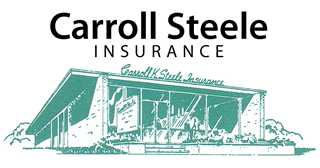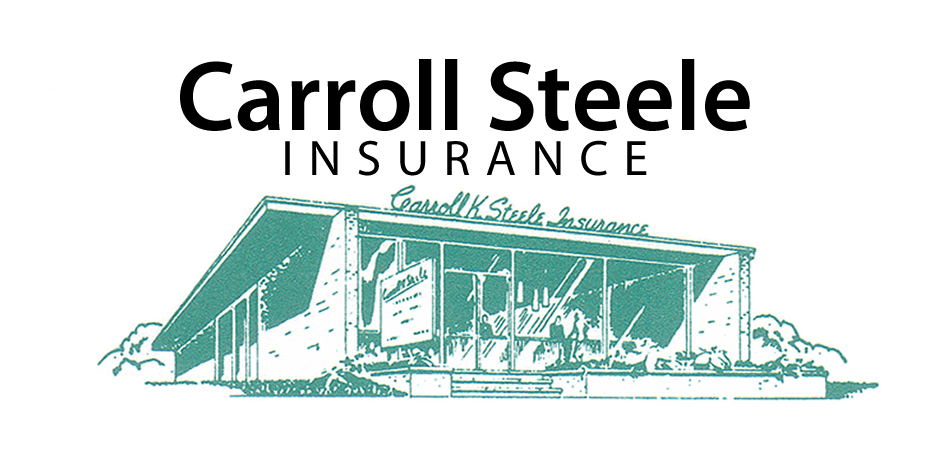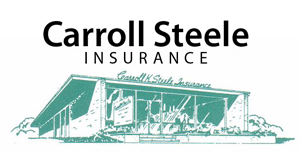Commercial Building Insurance
Property insurance, sometimes called building insurance, insures your business against loss or damage to the location of the business and to its contents. It will also insure against loss or damage to contents under your control. Finally, if your business rents or leases a location or travels to other physical locations, then your business will be required by the property owner to carry property insurance by the terms of the lease or contract. The more kinds of loss the policy covers, the higher the premium. Property insurance comes in two forms:
- Broad Form – This type of policy identifies a number of different types of disasters and covers against loss from all identified causes in the policy.
- Single or Specific Peril – This type of policy insures against loss only from the identified peril. This is typically a separate fire policy. However, other single perils can be insured against, for example, terrorism.
For most small businesses, a broad form property insurance policy is included in a packaged policy known as the “business owners’ policy” or ‘BOP.’ A BOP is the best coverage for the premium dollar. Some businesses, however, either because of specific risks or unusually high risk, may not be eligible for such a package. In that case, several specific peril policies may need to priced and examined.
Ways To Increase Your Basic Property Insurance Coverage
Endorsements
Endorsements add increased coverage or identify other business locations that are covered. This can include a customer’s location, for example, if your business is working at their location. Endorsements are a big benefit for your business and can be added, typically by a phone call, to a policy relatively easily if you have a good insurance professional.
Exclusions
Exclusions take away coverage. Your insurance professional or insurer will tell you that property policies are “always” written with the “such-and-such” exclusion. Exclusions are the business insurance purchaser’s worst enemy. The most recent example is after the hurricanes in 2004-2005. Many insurers claimed that the exclusion in their policies for “wind” damage excluded much of the damage from coverage. Regardless of what an insurer tells you: exclusions take away coverage.
Schedules
Schedules are lists of covered locations and property. These must be updated regularly and at any time a location or major covered equipment changes or is purchased. Good insurance professionals will contact you on a regular basis to discuss updating scheduled locations and equipment. If a location or piece of equipment is not a “scheduled” location or content, there is a possibility that a claim could be denied on that basis.
Property insurance Pays damages or loss one of two ways:
Actual Cash Value (or, ACV)
Actual cash value means that your loss or damage is valued at the value of the property loss. Sounds fair. But, if a $100,000 car lift in your garage has been depreciated over a five-year period it may be found to have an ACV of $20,000 at the time of loss. You can’t purchase a new lift for $20,000.
Replacement Value
Replacement value means that you are reimbursed the actual amount necessary to replace the equipment when it is lost. In the example above, if the new lift costs $120,000 to replace, then you get a new lift for $120,000. Replacement value coverage typically carries higher premiums.


